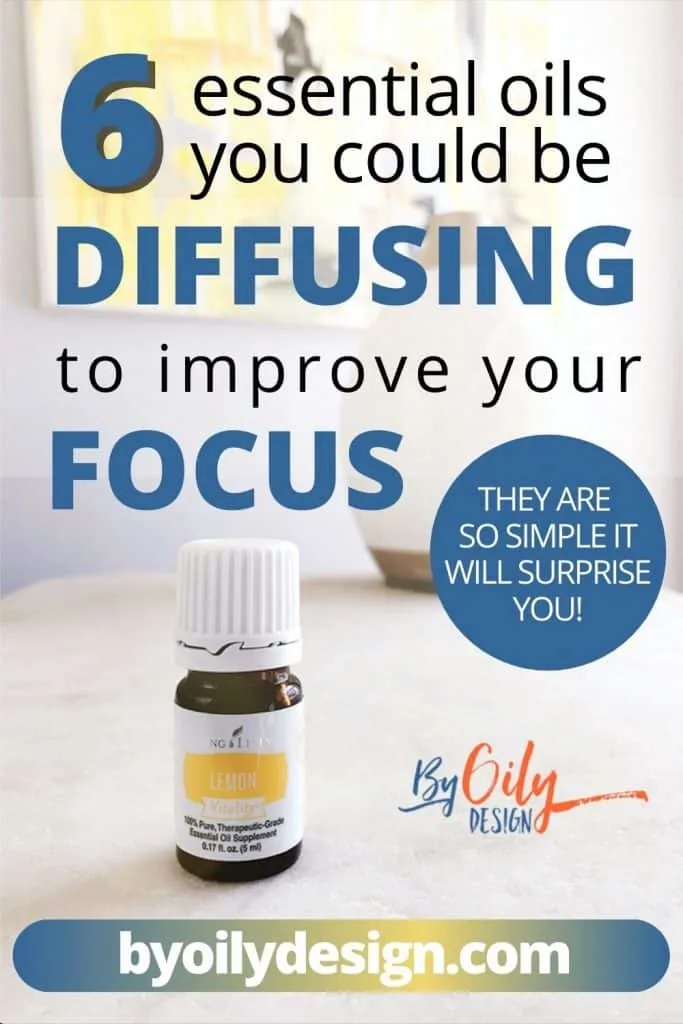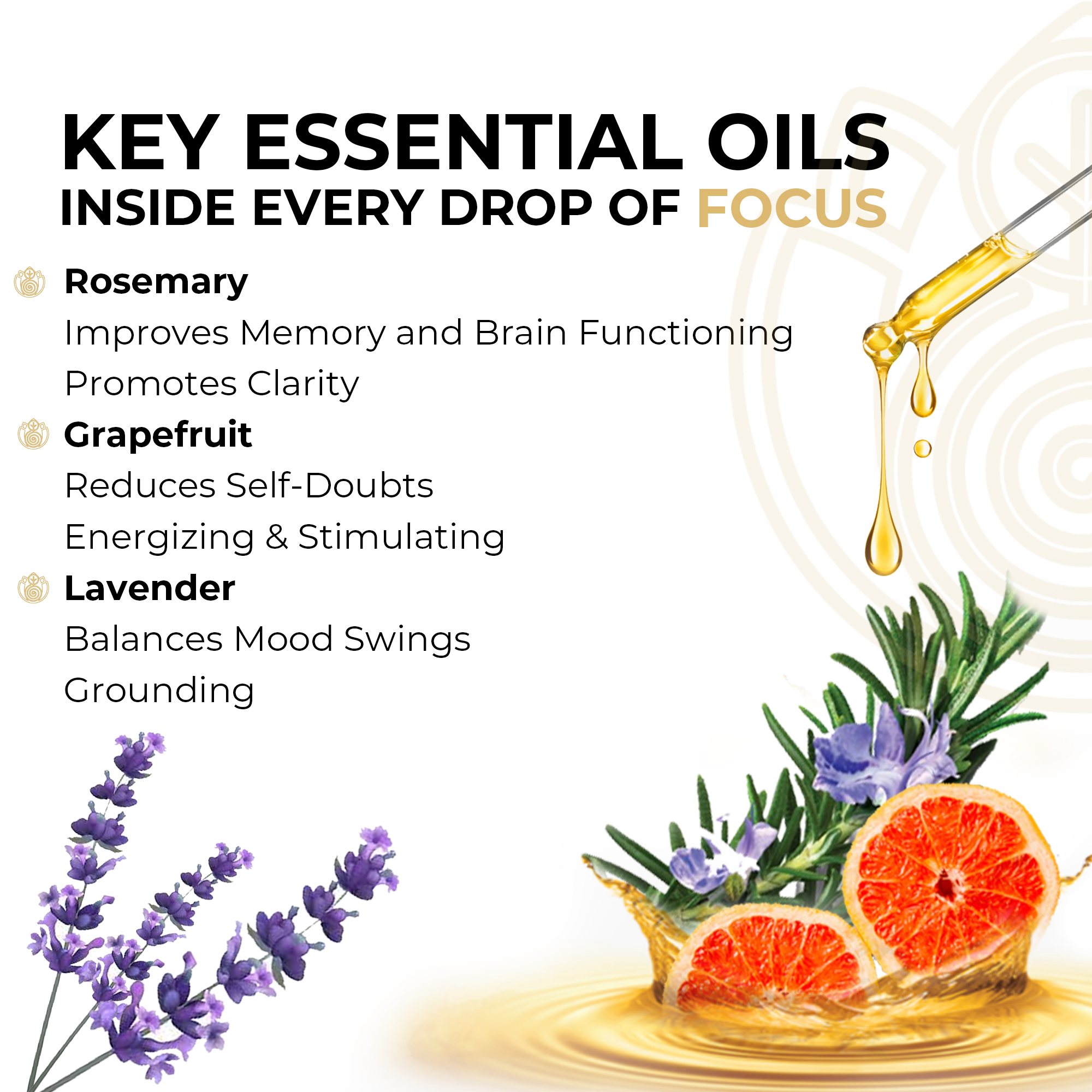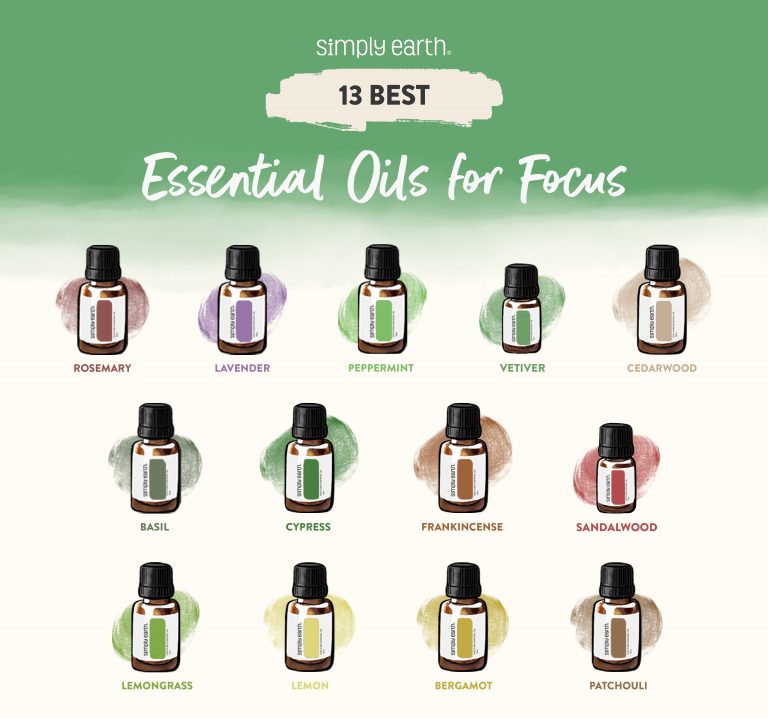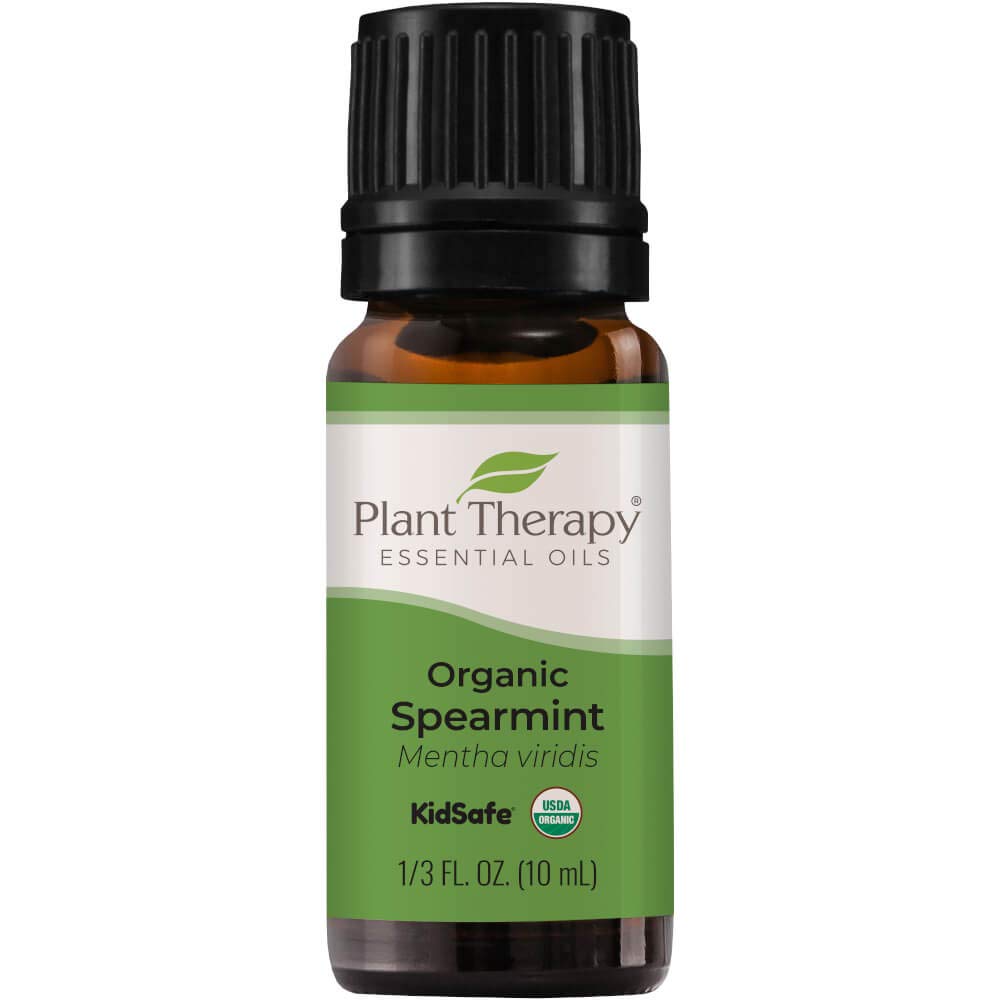Essential Oils For Focus And Productivity

In today’s relentless pursuit of peak performance, individuals are constantly seeking an edge – a way to sharpen focus, boost productivity, and conquer the ever-growing to-do list. As traditional methods like caffeine and prescription stimulants come under increased scrutiny due to their potential side effects, a growing number are turning to a seemingly gentler alternative: essential oils.
But can these fragrant extracts truly unlock our cognitive potential, or is it merely a placebo effect fueled by clever marketing? This article delves into the science behind essential oils and their purported benefits for focus and productivity, exploring the evidence, potential risks, and expert opinions surrounding this increasingly popular trend. We will investigate the most commonly used oils, examine the mechanisms by which they may impact the brain, and weigh the benefits against the potential drawbacks, providing readers with a comprehensive understanding of whether essential oils can truly contribute to a more focused and productive life.
The Allure of Aromatherapy
Aromatherapy, the practice of using essential oils for therapeutic benefit, has ancient roots, with evidence suggesting its use in ancient Egypt, China, and Greece. Modern aromatherapy gained traction in the 20th century, with French chemist René-Maurice Gattefossé coining the term in 1937. Today, it is a multi-billion dollar industry, fueled by a desire for natural, holistic wellness solutions.
The appeal of essential oils lies in their perceived ability to bypass the digestive system and directly influence the brain through the olfactory system. When inhaled, scent molecules travel to the olfactory bulb, which then transmits signals to the amygdala and hippocampus – brain regions associated with emotions, memory, and learning. This direct connection is the basis for the claim that essential oils can impact mood, focus, and cognitive function.
Essential Oils Claimed to Boost Focus
Several essential oils are frequently touted for their ability to enhance focus and productivity. Peppermint, with its invigorating and refreshing scent, is a popular choice. Studies suggest that peppermint oil may improve alertness, memory, and cognitive performance, making it a go-to for students and professionals alike.
Rosemary is another contender, often associated with improved memory and concentration. Research indicates that rosemary may enhance cognitive performance by increasing blood flow to the brain. Its stimulating aroma is believed to sharpen the mind and improve mental clarity.
Lemon, with its bright and citrusy scent, is known for its uplifting and energizing properties. It is often used to combat mental fatigue and improve mood. Some studies suggest that lemon oil may enhance cognitive function and reduce stress, leading to increased productivity.
Other commonly used oils include eucalyptus, with its decongestant and stimulating properties, basil, known for its ability to alleviate mental fatigue, and blends of various oils designed to create synergistic effects.
The Science Behind the Scents: Exploring the Evidence
While anecdotal evidence and testimonials abound, it is crucial to examine the scientific evidence supporting the claims surrounding essential oils and focus. Research in this area is still emerging, and many studies are small-scale or have methodological limitations.
A study published in the International Journal of Neuroscience found that peppermint oil improved cognitive performance in participants, including enhanced attention and memory. However, the study also noted that more research is needed to confirm these findings and understand the long-term effects.
Another study published in the journal Scientia Pharmaceutica investigated the effects of rosemary oil on cognitive performance and mood. The results indicated that rosemary aroma significantly improved memory performance and increased alertness. However, the study was conducted on a small sample size, limiting the generalizability of the findings.
It's important to note that the placebo effect can play a significant role in studies involving aromatherapy. The expectation of a positive outcome can influence participants' perceptions and behaviors, potentially skewing the results. Therefore, rigorous, double-blind, placebo-controlled studies are needed to determine the true efficacy of essential oils for focus and productivity.
Potential Risks and Considerations
While essential oils are generally considered safe for topical use and inhalation, it is important to be aware of potential risks. Some individuals may experience allergic reactions, skin irritation, or respiratory problems. It is crucial to perform a patch test before applying essential oils to the skin and to use them in well-ventilated areas.
Ingesting essential oils can be dangerous and should be avoided unless under the guidance of a qualified healthcare professional. Some oils can be toxic if ingested. Pregnant or breastfeeding women and individuals with underlying health conditions should consult with their doctor before using essential oils.
The quality of essential oils can vary significantly. It is essential to choose reputable brands that provide clear information about sourcing, extraction methods, and purity. Look for oils that are 100% pure and therapeutic grade.
Expert Opinions and Perspectives
Healthcare professionals hold varying perspectives on the use of essential oils for focus and productivity. Some integrative medicine practitioners embrace aromatherapy as a complementary therapy, while others remain skeptical due to the limited scientific evidence.
"While some studies show promising results, it's important to approach essential oils with realistic expectations," says Dr. Jane Smith, a licensed aromatherapist. "They can be a helpful tool for promoting relaxation and creating a conducive environment for focus, but they are not a magic bullet. A healthy lifestyle, including adequate sleep, exercise, and a balanced diet, is essential for optimal cognitive function."
Dr. David Brown, a neurologist, cautions against relying solely on essential oils for focus and productivity, especially for individuals with underlying cognitive disorders. "Essential oils may provide temporary relief or a mild boost, but they are not a substitute for medical treatment. If you are experiencing significant difficulties with focus or concentration, it is important to seek professional evaluation."
The Future of Essential Oils and Cognitive Enhancement
Research into the potential cognitive benefits of essential oils is ongoing, with studies exploring their impact on various aspects of brain function. Future research may focus on identifying specific compounds within essential oils that are responsible for cognitive effects and developing targeted aromatherapy interventions.
Advancements in neuroimaging techniques may provide a better understanding of how essential oils affect brain activity and connectivity. This could lead to more precise and personalized aromatherapy treatments for individuals seeking to enhance focus and productivity.
Ultimately, while essential oils show promise as a potential tool for enhancing focus and productivity, it is essential to approach them with caution and critical thinking. More research is needed to fully understand their efficacy, safety, and long-term effects. Combining essential oils with other evidence-based strategies, such as mindfulness practices, regular exercise, and a healthy diet, may offer the most comprehensive approach to achieving optimal cognitive function.


















